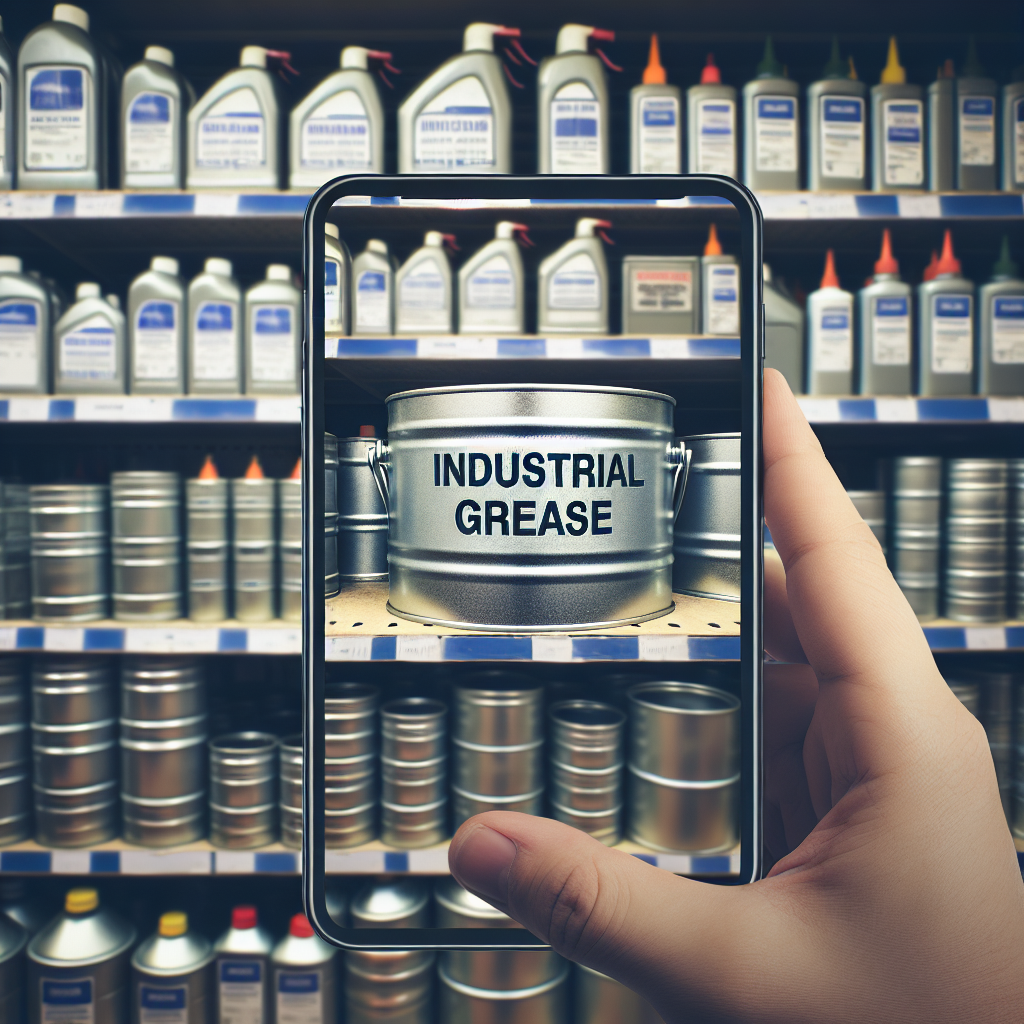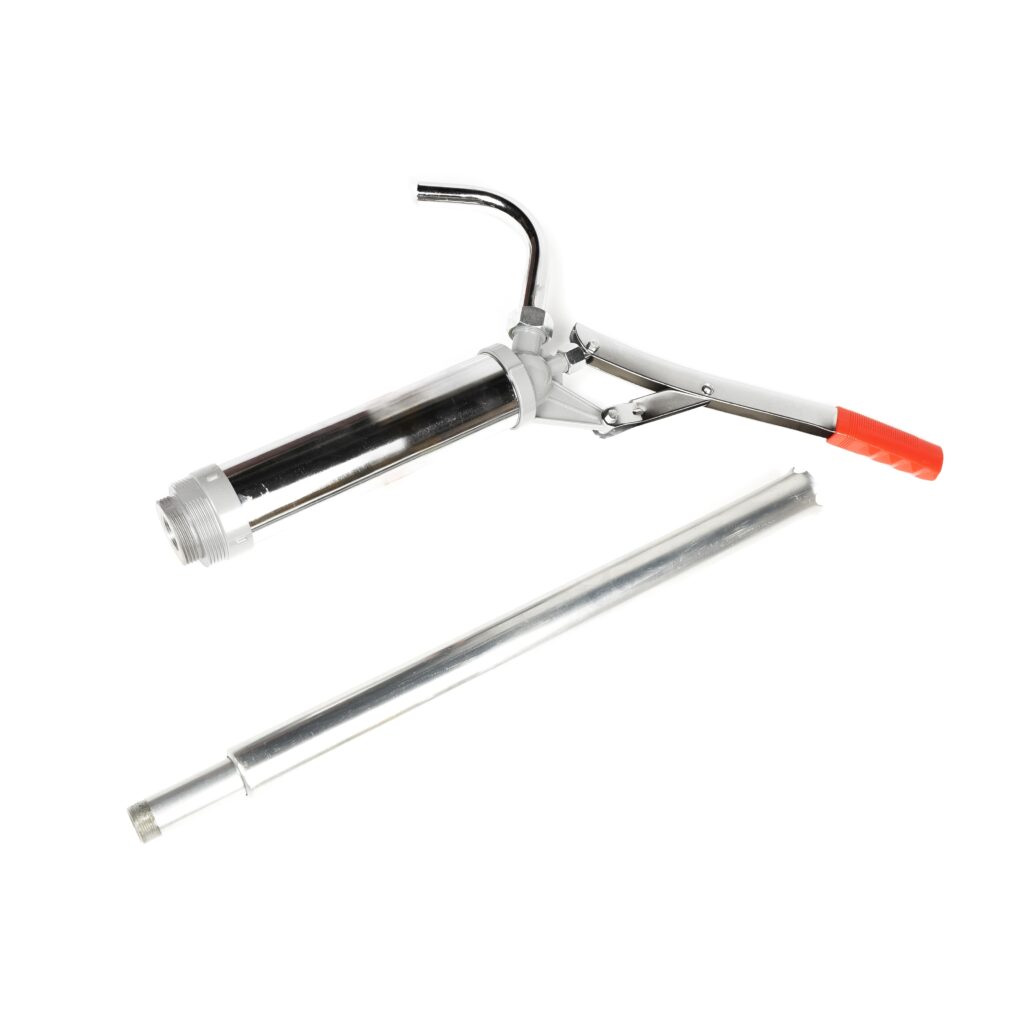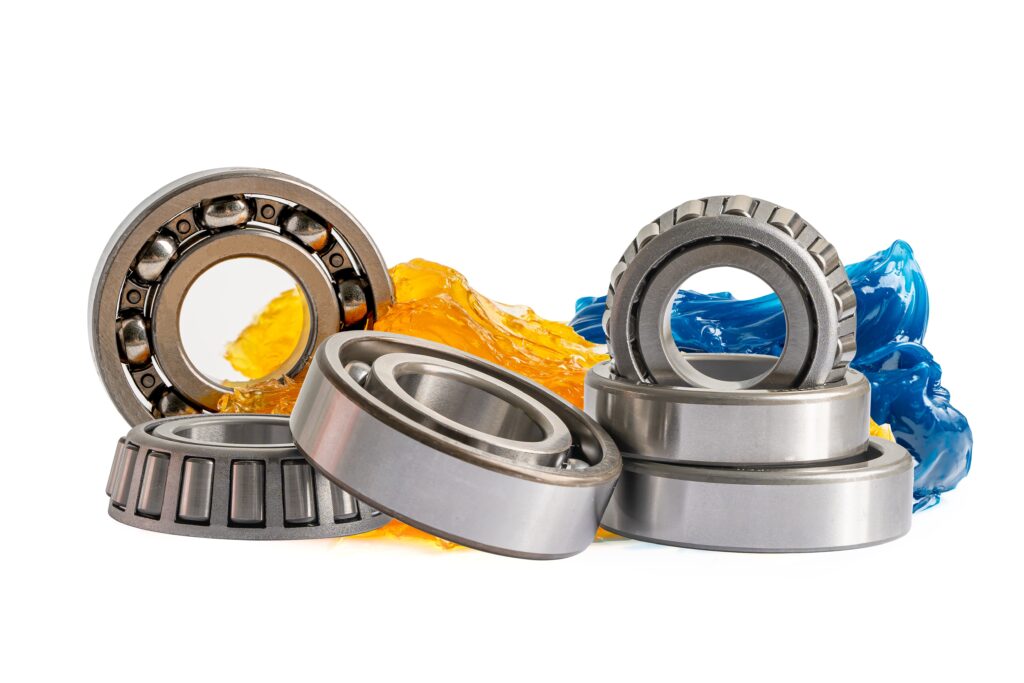Introduction
When it comes to maximizing the efficiency and longevity of machinery in industrial settings, one crucial element often comes into play: industrial grease. Used across various sectors including manufacturing, automotive, and construction, industrial grease serves to lubricate moving parts, reducing friction and wear. However, buying the right industrial grease is a nuanced task that requires a keen understanding of its properties, types, and applications. This article aims to offer a comprehensive guide to help you make informed decisions when purchasing industrial grease.
Understanding Industrial Grease
Industrial grease is essentially a semisolid lubricant composed of a base oil, thickening agent, and various additives. The base oil can be mineral-based, synthetic, or a blend of both. The thickening agent, often a soap complex such as lithium or calcium, determines the grease’s structural integrity and performance characteristics. Additives can include antioxidants, anti-corrosion agents, and extreme pressure (EP) additives, enhancing specific properties of the grease.
Several factors distinguish different types of industrial grease, such as consistency, temperature tolerance, and load-bearing capacity. These attributes are measured using standardized tests and scales, including the National Lubricating Grease Institute (NLGI) consistency number and the dropping point test.
Types of Industrial Grease
Choosing the right industrial grease largely depends on the specific requirements of your machinery and the environmental conditions in which it operates. Here are some common types of industrial grease and their typical applications:
Lithium Grease: Known for its high water resistance and excellent mechanical stability, lithium grease is widely used in automotive and general industrial applications.
Calcium Grease: This type is particularly effective in wet or underwater conditions due to its superior water resistance.
Synthetic Grease: Offering a broad temperature range and enhanced performance, synthetic grease is ideal for applications in extreme conditions.
High-Temperature Grease:
EP Grease: Enriched with extreme pressure additives, EP grease is suitable for heavy-duty applications where high pressure or shock loads are common. Selecting the right industrial grease requires consideration of multiple factors. These factors ensure that the grease will perform optimally under specific operational conditions: Operating Temperature: Match the grease’s temperature range with the operating conditions of your machinery. Using the wrong grease could lead to breakdowns and increased maintenance costs. Load-Bearing Capacity: Ensure the grease can handle the load requirements of your application. EP greases, for example, are designed to manage high-pressure conditions. Compatibility: When switching greases, ensure that the new grease is compatible with the old one to avoid deterioration of mechanical parts. Environmental Conditions: Consider factors like water exposure, dust, and chemical contamination. Certain greases are formulated to resist specific environmental conditions better than others. Certification and Standards: Make sure the grease adheres to industry standards and certifications, such as those from the NLGI, ASTM, or ISO. When it comes to purchasing industrial grease, you have multiple avenues. Here are some reliable sources: Specialized Distributors: These distributors often possess a more in-depth knowledge of industrial lubricants and can provide tailored recommendations based on your specific needs. Online Retailers: Numerous reputable online platforms offer a wide range of industrial greases, often at competitive prices. However, ensure that the retailer is credible and check reviews before making a purchase. Direct from Manufacturers: Buying directly from the manufacturer can be advantageous, especially if you require bulk quantities or custom formulations. Investing in the correct industrial grease offers numerous benefits, including: Enhanced Equipment Lifespan: Proper lubrication significantly reduces wear and tear, extending the life of your machinery. Improved Efficiency: Optimal grease reduces friction, resulting in smoother operation and lower energy consumption. Reduced Maintenance Costs: Effective lubrication minimizes the need for frequent maintenance, reducing downtime and associated costs. Industrial grease plays a pivotal role in maintaining the performance, efficiency, and longevity of machinery. With various types and formulations available, selecting the right grease can be challenging but is crucial for optimal equipment function. By understanding the characteristics and applications of different greases and considering factors such as operating temperature, load capacity, and environmental conditions, you can make informed purchasing decisions. Whether you turn to specialized distributors, online retailers, or purchase directly from manufacturers, choosing the correct industrial grease will lead to enhanced equipment performance and reduced maintenance costs. Make your selection wisely, and enjoy the myriad benefits of well-lubricated machinery.Key Factors to Consider When Buying Industrial Grease
Where to Buy Industrial Grease
Benefits of Buying the Right Industrial Grease
Conclusion




